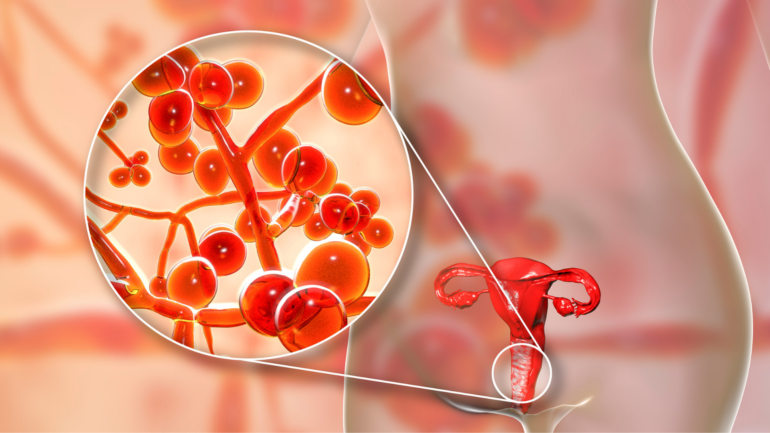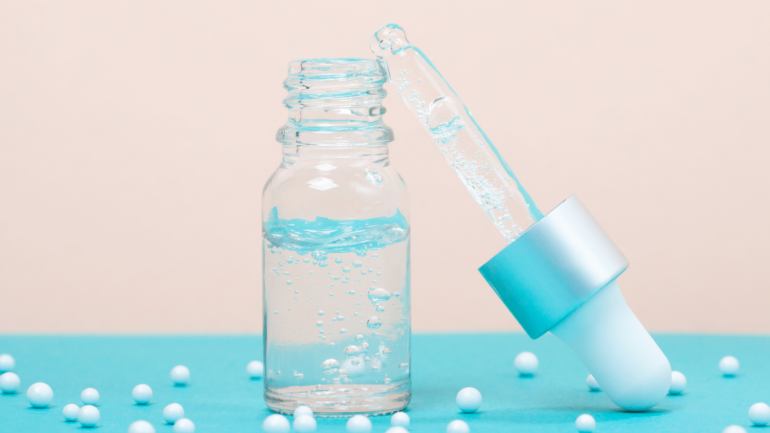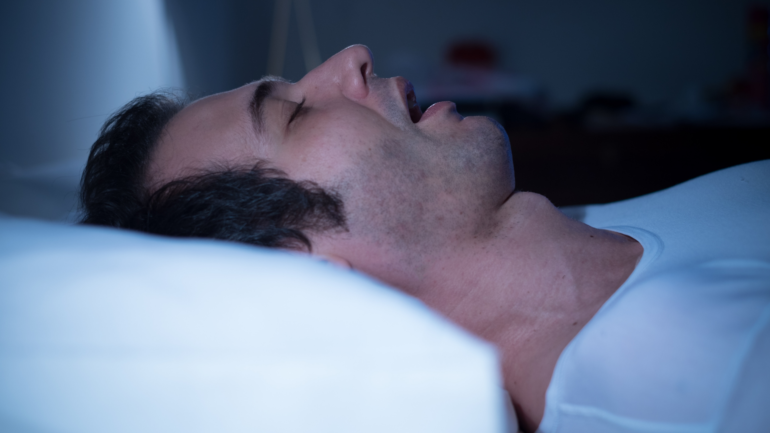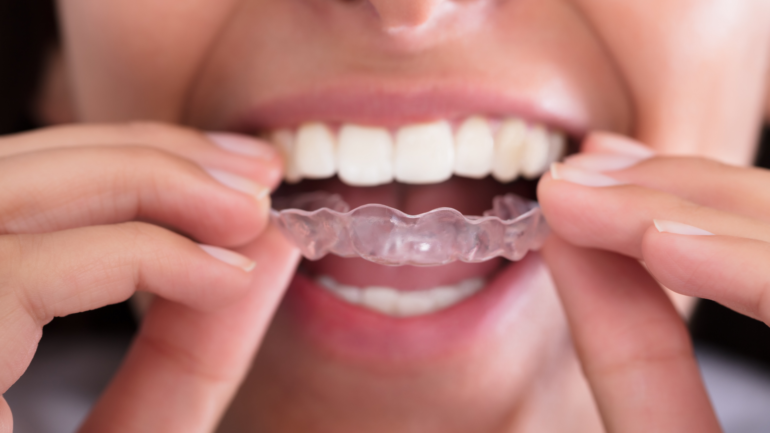Technology Pipeline
- Home
- What We Do
- Technology Pipeline
- Vaginal Dryness Relief
Let’s Chat
Please feel free to contact us. We will get back to you with 1-2 business days.





Vaginal Dryness Relief
Estrogen levels decline during the menopause transition and after the menopause. One of the consequences of this normal decline in estrogen is vaginal atrophy, which in many women causes symptoms of dryness, lack of lubrication and pain with intercourse (dyspareunia). Vaginal dryness may also develop in premenopausal women in response to other conditions and medications such as chemotherapy and estrogen antagonists used in the treatment for cancer, infertility, endometriosis; radiation therapy to the pelvis; and other conditions that cause hypothalamic suppression of the ovaries, such as stress due to depression or eating disorders. Vaginal dryness may also be a consequence of breastfeeding and some birth control medications. Other than medical conditions, certain medicines, smoking, tampons, and condoms may also cause or worsen vaginal dryness. In addition to the above factors, the vagina can also become further irritated due to allergens from soaps, laundry detergents, lotions, perfumes, or douches. For many women, these symptoms are very bothersome and contribute to a decreased quality of life, especially when associated with dyspareunia which may lead to sexual dysfunction and relationship problems. Development of an effective, non-hormonal options for the treatment of vulvovaginal atrophy are needed to restore normal function and improved quality of life.
Supporting Vulvovaginal Atrophy
Other than medical conditions, certain medicines, smoking, tampons, and condoms may also cause or worsen vaginal dryness. In addition to the above factors, the vagina can also become further irritated due to allergens from soaps, laundry detergents, lotions, perfumes, or douches. For many women, these symptoms are very bothersome and contribute to a decreased quality of life, especially when associated with dyspareunia which may lead to sexual dysfunction and relationship problems. Development of an effective, non-hormonal options for the treatment of vulvovaginal atrophy are needed to restore normal function and improved quality of life.
Our Research
Estrogen levels decline during the menopause transition and after menopause. One of the consequences of this normal decline in estrogen is vaginal atrophy, which in many women causes symptoms of dryness, lack of lubrication and dyspareunia. The IRB approved double blind, placebo-controlled crossover study at University at Buffalo will test a novel lubricating solution for treatment and tolerability in women with symptomatic vaginal dryness.